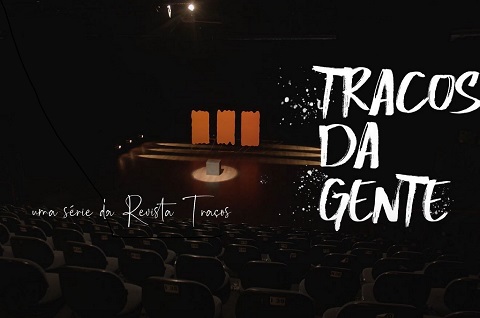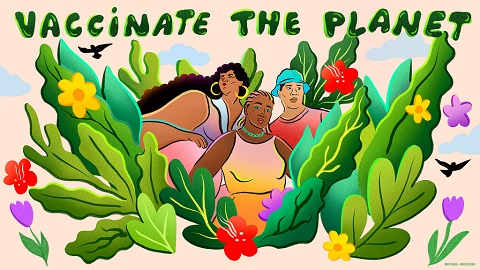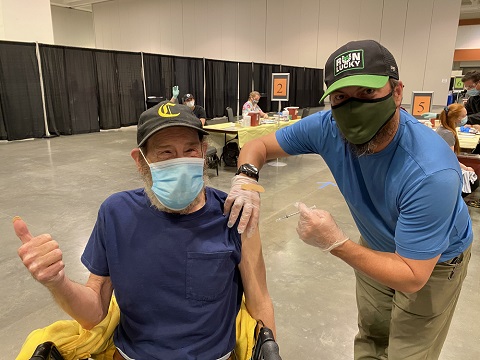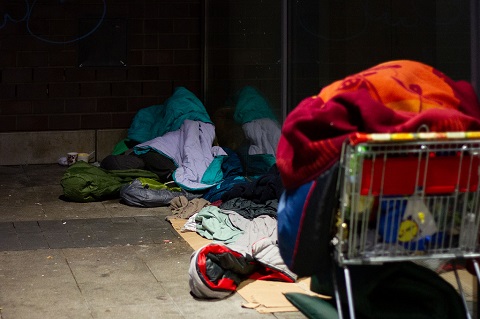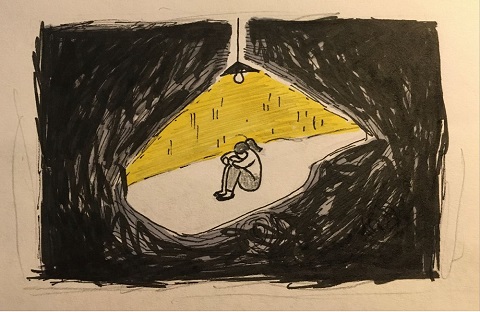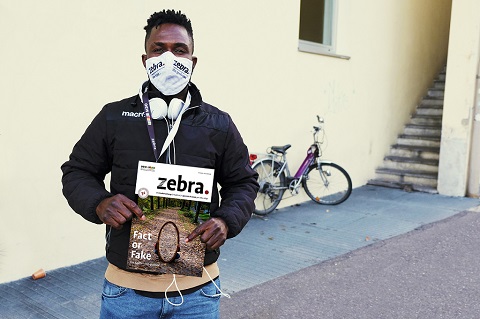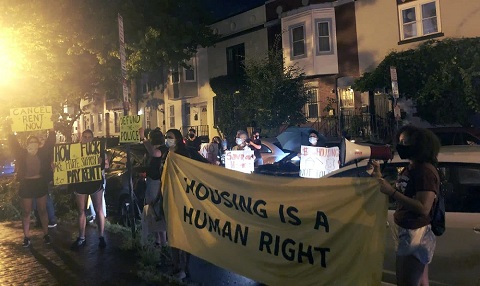By Iris Queiroz, Aurora da Rua
When 2020 first began, mankind welcomed its arrival full of hope for a beautiful new year. However, along came a little virus which changed the course of history and, since then, more than half of the world’s population have been forced into lockdown as borders have closed, economies forced to an abrupt halt and over half a million lives lost in a mere six months as a result of this unexpected pandemic. Originating in Asia, COVID-19, the illness caused by coronavirus, left Europe paralysed before spreading to the Americas where its impact has been ever stronger still.
Following a sharp incline in the number of victims, Brazil has now become the epicentre of this new pandemic with [at the time of writing] nearly 2.5 million confirmed cases and over 85,000 deaths. No region nor state was spared as the virus has spread leaving almost every single one of the country’s federal districts struggling with deaths and confirmed cases. Meanwhile, the social and economic consequences of the virus have now begun to destabilise the country, and will only continue to get worse as long as the epidemic remains uncontrolled.
In the midst of such chaos, the general lack of action across all levels of government is flagrant with the absence of the federal government in particular not going unnoticed by states and districts in their fight against the virus. The executive branch appears to be in a state of shock, continuously undermining the country’s own Ministry of Health by questioning the use of masks and isolation policies imposed by the Ministry, as well as encouraging the population to return to their normal activities, including work, as they argue that the country is unable to withstand such economic paralysis. Moreover, the country has already lost two Health Ministers since the start of the pandemic, a post which is currently being held by an interim minister. In the absence of any sense of direction, co-ordination or strategic plan to combat this pandemic, feelings of abandonment and uncertainty for the future are only growing stronger as the virus continues to spread, leaving in its wake a trail of pain, loss, and death.
![Aurora da Rua staff/vendors participating in the campaign. [Courtesy of Aurora da Rua]](https://hub.insp.ngo/wp-content/uploads/2020/07/ADR_Brazil-and-COVID_5-1.jpg)
Many protests, several of which take place online, are now being held in an attempt to find a way out of this situation and change the outcome of this story. For many, the decision to remain silent may seem like somewhat of a contradiction since silence is generally associated with passivity; however, for Altair, Léa, João, Juce, Cosme, Vânia, Elias and other members of the Trinity community – located in the Church of the Third Order of the Holy Trinity in Salvador, Bahia – silence is a way of echoing the pain that is felt across the country. For over a month now, the group has been promoting their #SilêncioPelaDor (‘Silence for Pain’) campaign, in which they use silent prayer, posters and photographs as a way to express their solidarity with the victims of COVID-19 and their loved ones. It is also hoped that this silence will act as a catalyst to awaken co-ordinated political action in order to repress the virus.
The organiser of this campaign, Henrique Peregrino, came up with the idea in order to echo the immense pain which is being felt across the country until it becomes an uproar which reaches Brasilia, the country’s capital federal district, and results in the government taking concrete action to combat the pandemic which every day is claiming the lives of thousands. Taking part in the campaign is easy and you can even participate from home in three simple steps; all you have to do is take a moment of silence, express your pain, and post it online. During your silence, you can write, design, or draw a picture using the campaign headline #SilêncioPelaDor, before posting your piece online and making sure to use the campaign hashtag in doing so. The silence of each and every person will then unite to become the silence of hundreds and thousands, a silence which will echo throughout the entire country.
“Our silence is a political act. Through it, we not only contribute to other acts of protest, but also show respect for the lives of others. Every day people are dying because our government refuse to follow the guidelines set out by the World Health Organisation (WHO) or make any informed decisions, based on scientific advice to contain the virus,” says Henrique.
In the stairwell leading up to the church, which was once filled with the comings and goings of visitors, silence now reigns. A silence of pain and compassion. Of observation and indignation. Every day, from the moment the sun rises until it sets, men and women from the community take turns to be in silent communion with mankind.
![Church of the Third Order of the Holy Trinity in Salvador, Bahia. [Courtesy of Aurora da Rua]](https://hub.insp.ngo/wp-content/uploads/2020/07/ADR_Brazil-and-COVID_4-1.jpg)
“I am taking part in this experience to silence the noise which comes as a response to the situation and so that I can feel that, even despite everything going on, I can be in communion and sympathy with the grievance and the pain which rage throughout the world. Those who know that over 65,000 lives have been lost and consider it to be a natural thing do not known what it means to feel empathy for the pain of another,” says community resident Juce.
Sônia Mota, Pastor of the United Presbyterian Church, also understands that silence can be an effective form of protest, but “not the type of silence that fails to act, rather the kind that speaks volumes. Even in the bible, there are moments of silence. Remaining silent throughout a profound hurt. Remaining silent to draw attention.”
This silence has even reached as far as the headquarters for the World Council of Churches in Geneva, Switzerland from where the Secretary-General, Rev. Prof Ioan Sauca, sent the following message: “Every life counts. May the silence of those Brazilian people, who mourn the losses and difficulties of caused by this terrible situation, serve as a powerful reminder to their government of their most important responsibility: to preserve human dignity at all cost.”
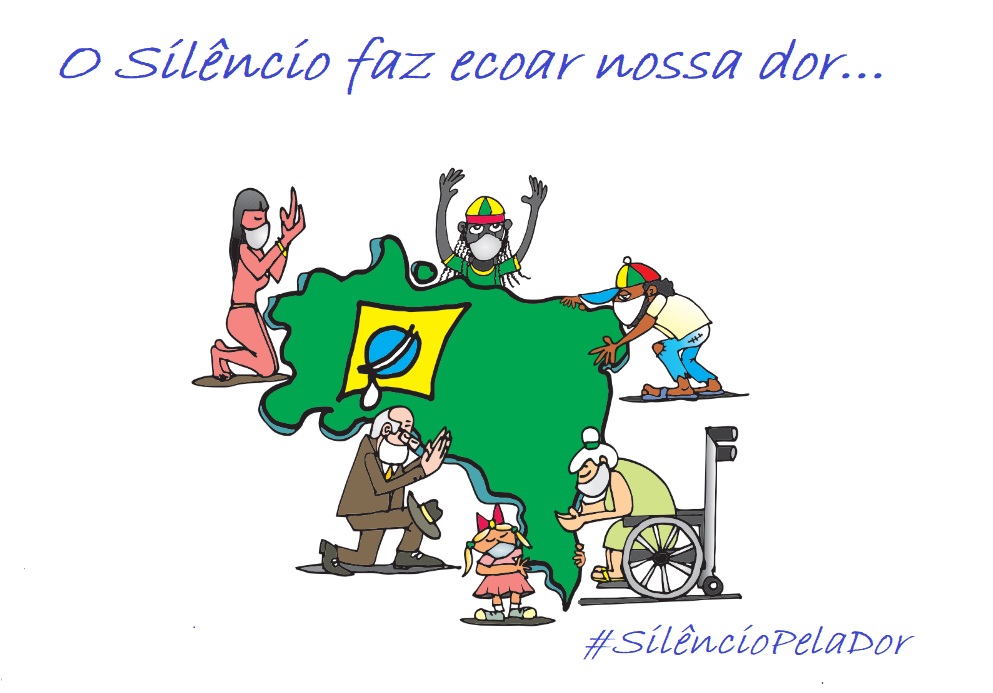
So far, the campaign has been embraced by a number of Brazilian institutions such as: Cáritas Nacional; the Conferência dos Religiosos do Brasil (CRB); the Centro de Estudos Bíblicos (CEBI); the Conselho Nacional de Igrejas Cristãs do Brasil (CONIC); the Conselho Ecumênico Baiano de Igrejas Cristãs (CEBIC); the Coordenadoria Ecumênica de Serviço (CESE); the Fundação Luterana de Diaconia (FLD); the Centro de Estudos e Ação Social (CEAS); the Núcleo Apostólico da Companhia de Jesus na Bahia (MAGIS); the Frente de Evangélicos pelo Estado de Direito; and the Coletivo Mulheres, Políticas Públicas e Sociedade (MUPPS).
The street paper Aurora da Rua – as a vehicle that aims to promote activities that generate peace, equality and social justice – is also proud to support this campaign and its ignition of hope. Hope that the waves which are propelled by this silence will transform into an uproar which cannot be ignored and which will lead the Brazilian government to take concrete actions in respect of human life.
The #SilêncioPelaDor campaign takes place online and has been gaining ground on social media not only in Brazil but across the world. Internet users can find out more about the campaign and follow its progress on Instagram (@silenciopelador) and Facebook (Silêncio Pela Dor).
Translated from Portuguese by Claire Reid








